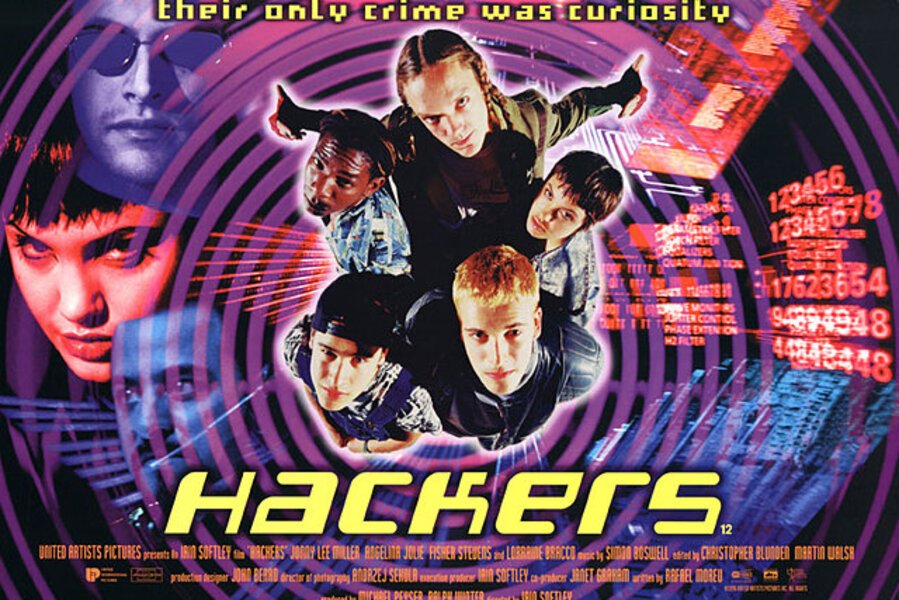
I just read a rather interesting novella by Abd Al-Aal Bikhyt, Ikhtiraq (‘The Hack’ or ‘Penetration’, 2022), where people who hook into the metaverse through virtual goggles get killed, one by one, by some mysterious avatar dressed like a mugger in the middle of the night with a sweatshirt to hide his identity.
By Emad Aysha
You can’t help but detect a strain of technophobia in the storyline, something evident from the blurb on the dust jacket and the intro to the novella. The author talks about virtual reality cutting us off from fact and each other and people getting lost in endless self-made worlds.
One of the few characters that survives talks about AI engines taking the place of the human mind at almost every corner, along with robot labourers, forcing us into a state of mental and physical atrophy if left unchecked.
Al-Ikhtiraq is pretty darn scary and in a very distinctly Egyptian way. The story begins with a bang, with parents waking up their boy for his birthday and getting him one of those damnable VR consoles. And while he’s playing football, he cries out. They reprimand him and notice he isn’t responding. Then they find he’s died. Their love and their only son are dead right before their eyes. How horrifying!
Then we get an interlude with two figures, Kamaal and Kamil, one who is a supremo with computers and the other a man in love with good old-fashioned books and libraries. You’ll notice the synergy of their names. I won’t spoil it for you, but that plays a part later in the plot as the detective unravels what’s happening.
It’s a novella, so it's not too difficult to figure out, but still, the story is deceptive in its simplicity. The father of the slain boy contacts a friend of his late son, and that boy posts on Facebook to see if other ‘incidents’ have occurred, and in coordination with a detective – the newly formed cyber division – who’s lost his wife to the same virtual culprit.
Here, you get a precise weighing of the pros and cons of technology, so it’s not entirely weighed against progress. You also can’t help but enjoy the travels in cyberspace as people can get educated in faraway places and remain at home the whole time, while others get to see the world and go up the Eiffel Tower and buy things with bitcoins. Husbands spend more time with their significant others because of long-distance virtual travel.
So it’s not all bad. The evil on the internet doesn’t come from the internet but from within our souls, literally released online from the darker recesses of our minds. (It’s much like the ‘monsters of the ID’ in Forbidden Planet).
The ‘revenge’ that the bereaved detective gets at the end and the very explicit warning about revenge and how we should hack into ourselves first before doing anything else to get in touch with our forgotten humanity pretty much says it all.
We have to cleanse ourselves first. Interestingly, the cop has a dream where his slain wife gives him the key to solving the crime. That’s a Sufi angle about dreams and visions and, by extension, the need to purify oneself. Note the names Kamaal and Kamil, denoting the perfection of moral evolution.
There are also discussions in the story about Egypt finally entering the information age but rushing into it a bit more quickly than it should have. The talk of penetration and a foreign entity like the metaverse also makes you feel this is all a metaphor for globalisation and the disruption of traditional values and lifestyles. You see this early on, very early on, when the poor boy at the beginning wants to finish his lunch quickly so he can play on the virtual console, something he’s never done before.
We must first set our house in order before venturing into the unknown and solving our local antagonisms, quarrels, and contradictions. You can see this in the woman who gets raped in the metaverse, an episode modelled on a real-life case (referenced in the text) of an online sexual assault, Nina Jane Patel.[1]
There’s a similar scene in Surrogates (2009), too. That movie also does an excellent job of discussing the pros and cons of technology without sensationalising either side. Hence, this novella is a welcome contribution to our burgeoning sci-fi corpus. Egyptian science fiction is developing quite nicely, branching out into subgenres and subgenres within those subgenres.
This isn’t cyberpunk (high-tech, low-life) as such or robotics or cybernetics (discussions of artificial intelligence) but a cautionary tale of science and technology as a double-edged set of tools. Hard sci-fi in a word, and a far cry from early Arab SF that was either too cautionary or too congratulatory about the onslaught of modernity.
It still doesn’t rate as a subgenre of our own but one with a distinctive Egyptian or Arab-Islamic mark, namely, the dream sequence and the otherworldly angle. I’ve written before about Sufi SF, here and elsewhere, and how we’re developing our mystical branch of SF. This is similar, but in the background as an additional theme and narrative tool.
SF anticipates the future and, in the process, helps create it. Let’s hope this is the case with our distinctive imprint on genres like cyberpunk and our own original mystical subgenres, giving us a cultural impenetrable online subconscious soon.
[1] Olivia Petter, “Why Is No One Taking Sexual Assault In The Metaverse Seriously?”, British Vogue, 20 March 2022, https://www.vogue.co.uk/arts-and-lifestyle/article/sexual-assault-in-the-metaverse






